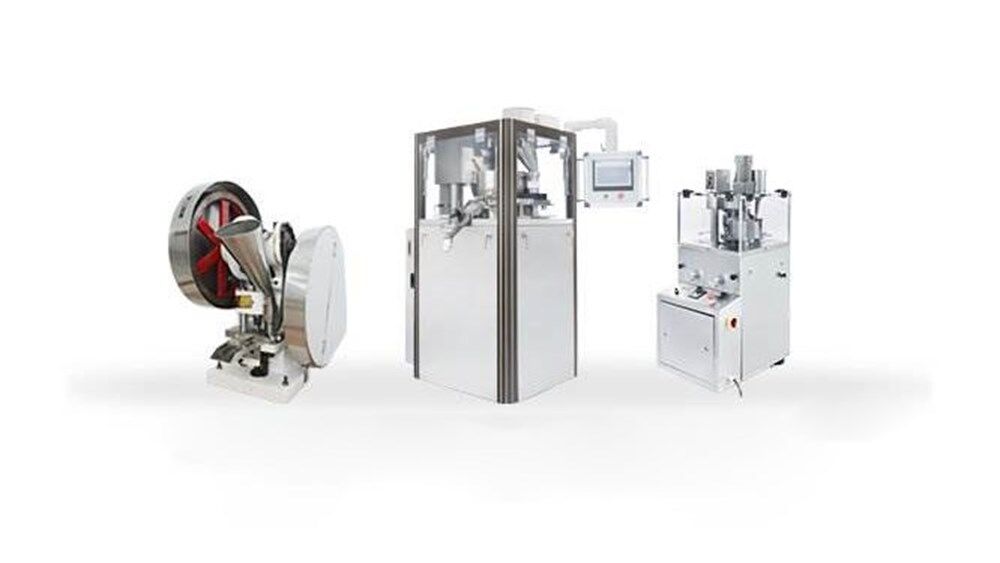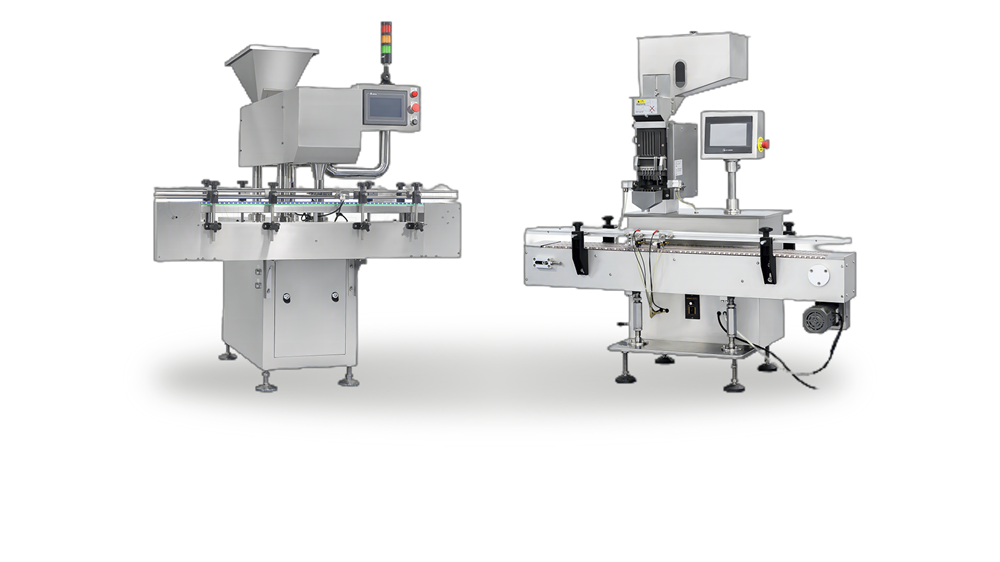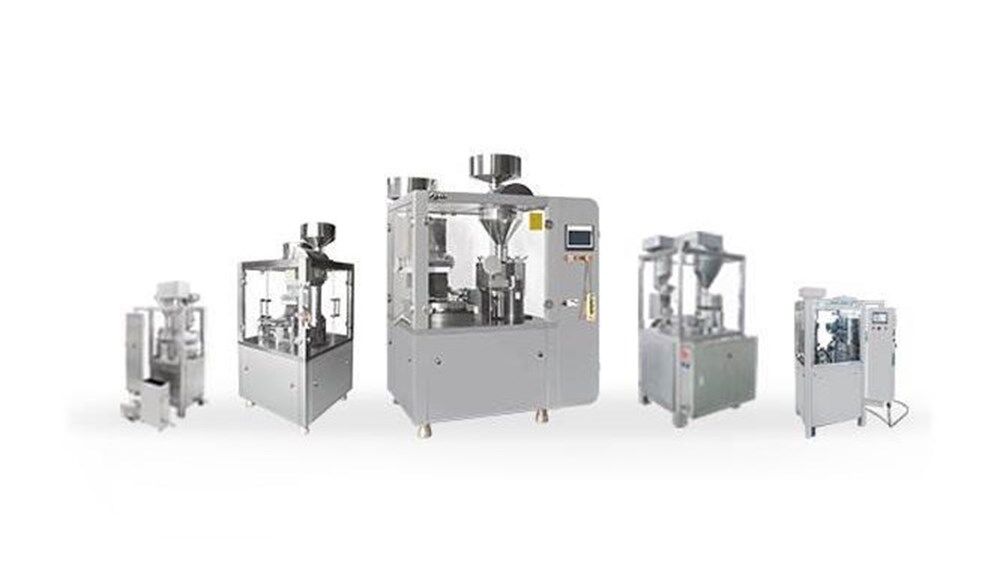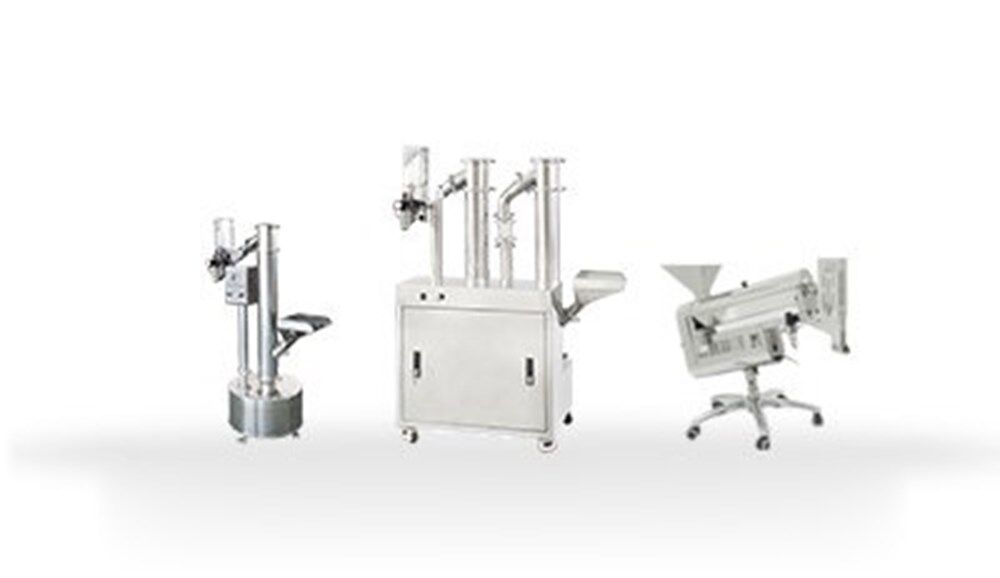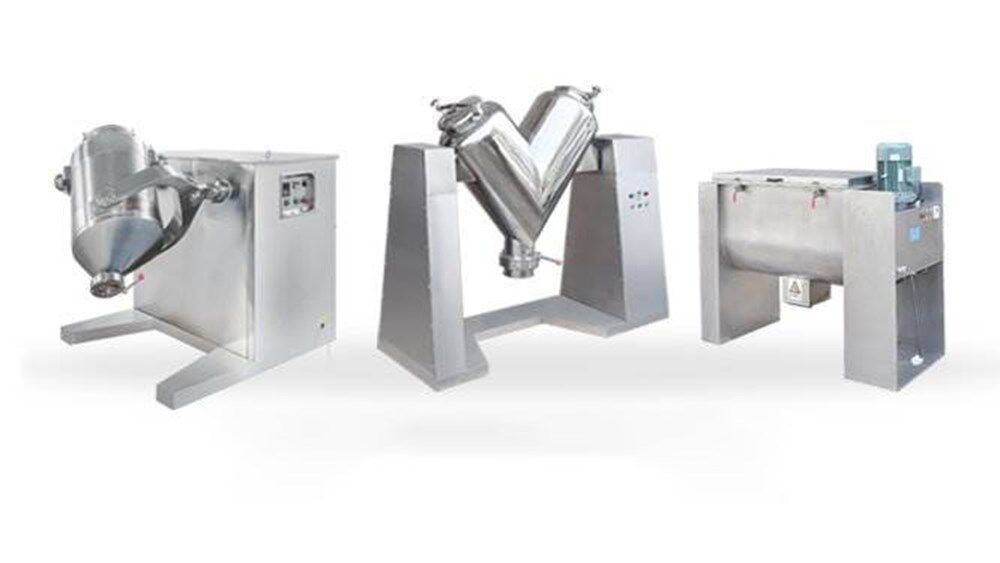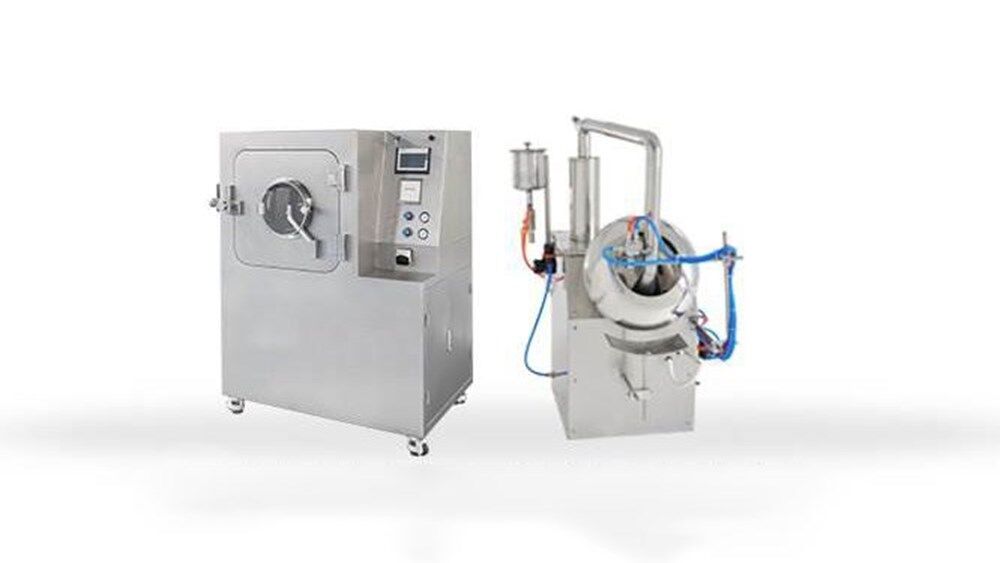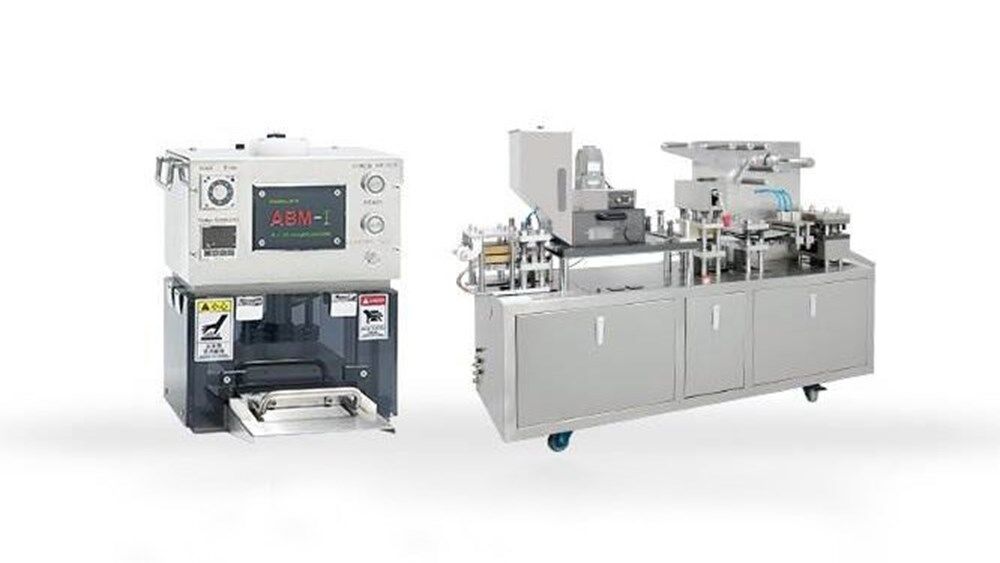Pill Making Machines: Everything You Need to Know
Are you new to pharmaceutical and nutraceutical manufacturing? If so, you need a piece of essential equipment to start your business. That is a pill making machine. Pill making machines are the backbone of producing the most common oral solid dosage forms, such as capsules and tablets. These machines can ensure the delivery of precise dosages to consumers.
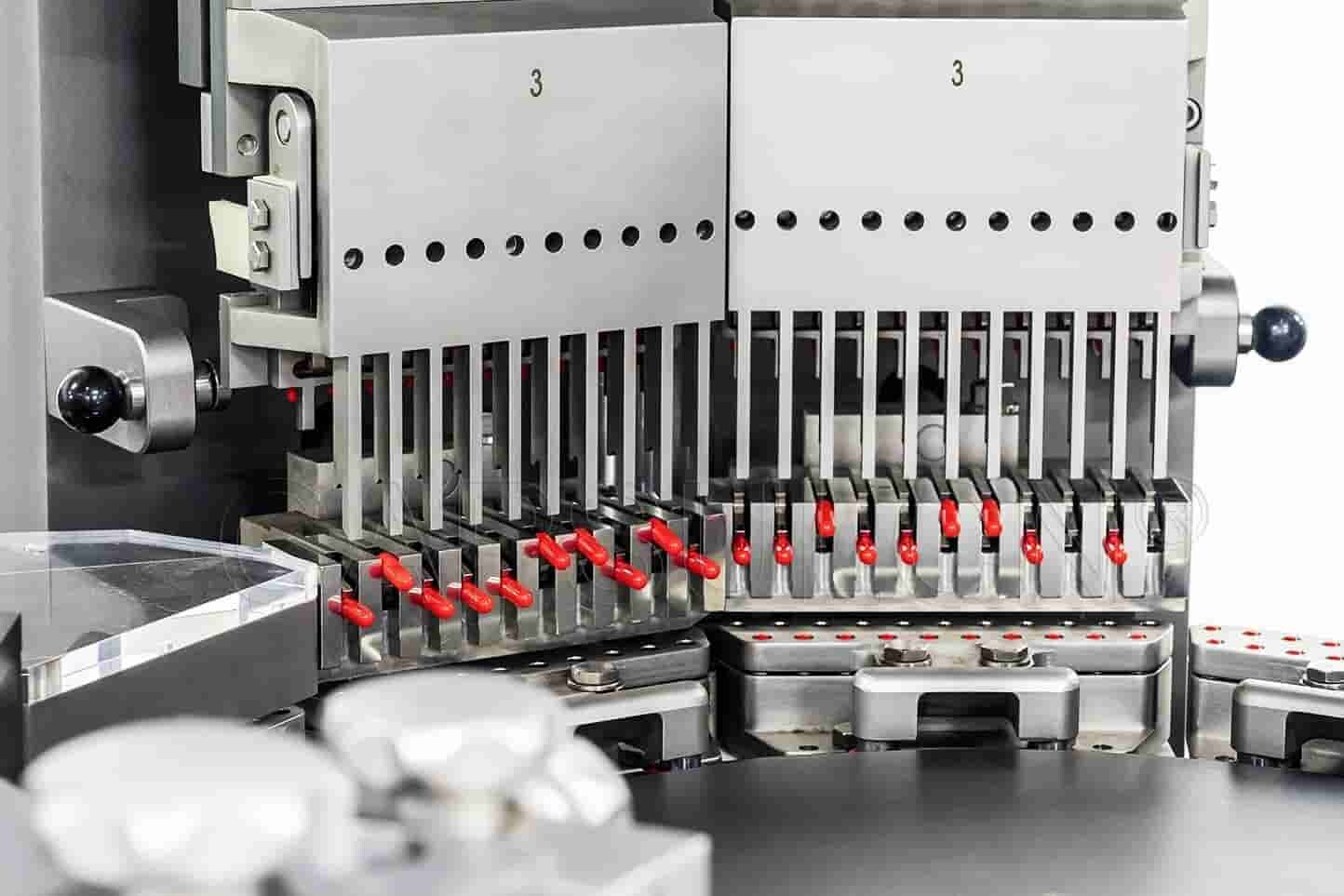
However, how do you choose the right pill making machine as a beginner? This guide will help you figure out their types, working principles, benefits, and recent innovations. Keep reading!
What is a Pill Making Machine?
The term "pill" in a pill making machine refers to small, solid dosage forms available on the market, including capsules and tablets. That is to say, this kind of machine is usually used to manufacture capsules and tablets. These machines come in a wide selection of types. No matter the size of your business, there is always one for you. Simply put, pill making machines are must-haves for all medication and supplement companies.
Types of Pill Making Machines
If you're considering getting a pill making machine, you'll mainly find two types based on what you need: capsule fillers and tablet presses.
A. Capsule Filling Machines
These machines are exactly what they sound like—they fill empty capsules with medications or supplements. Depending on what you're looking for, the capsule filling machines can be broken down into a few different categories.
Automation Level:
Manual Capsule Filling Machines: Perfect for smaller operations, these machines require a hands-on approach.
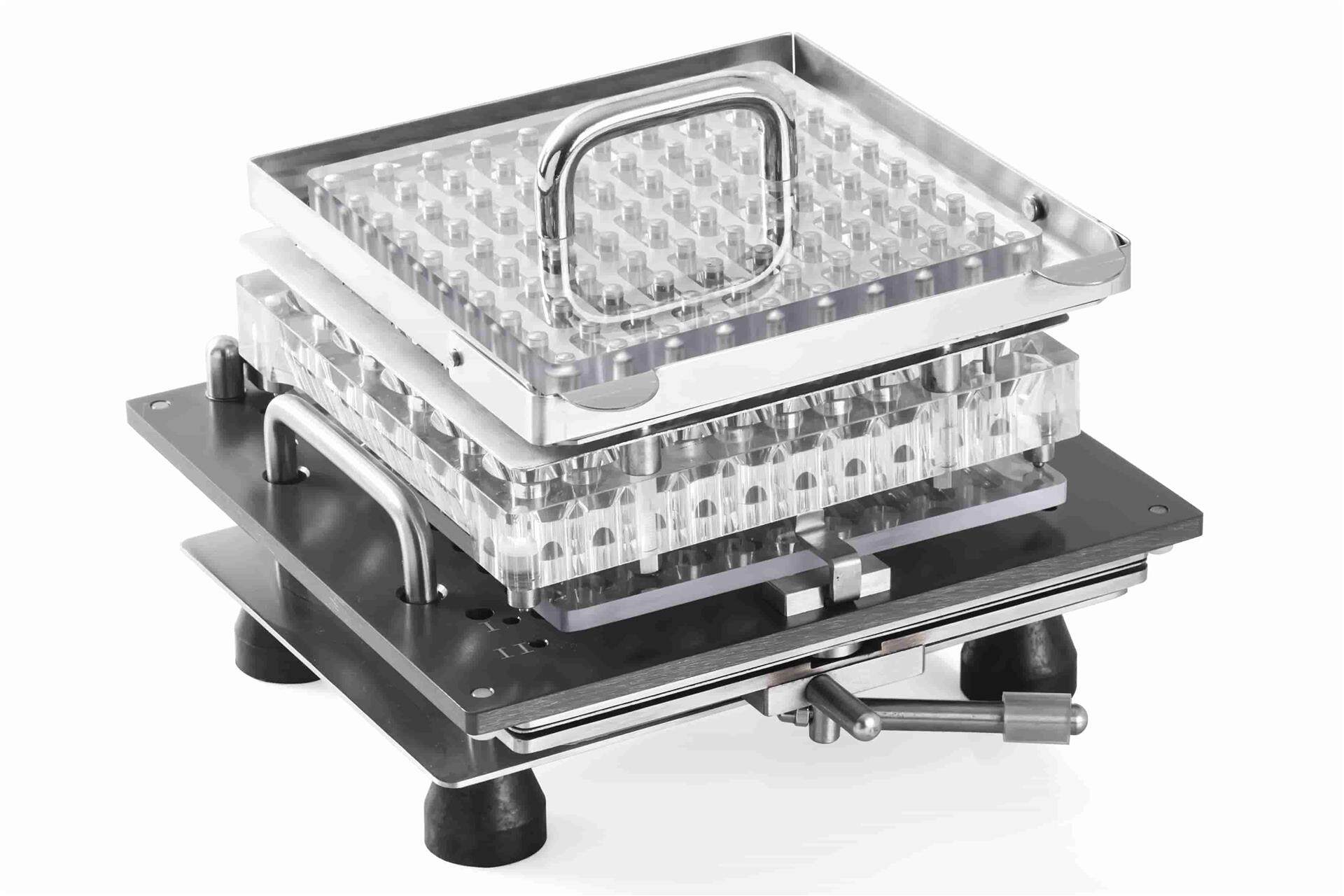
Semi-Automatic Capsule Filling Machines: A mix of manual and automated features, these provide a good balance of efficiency and cost.
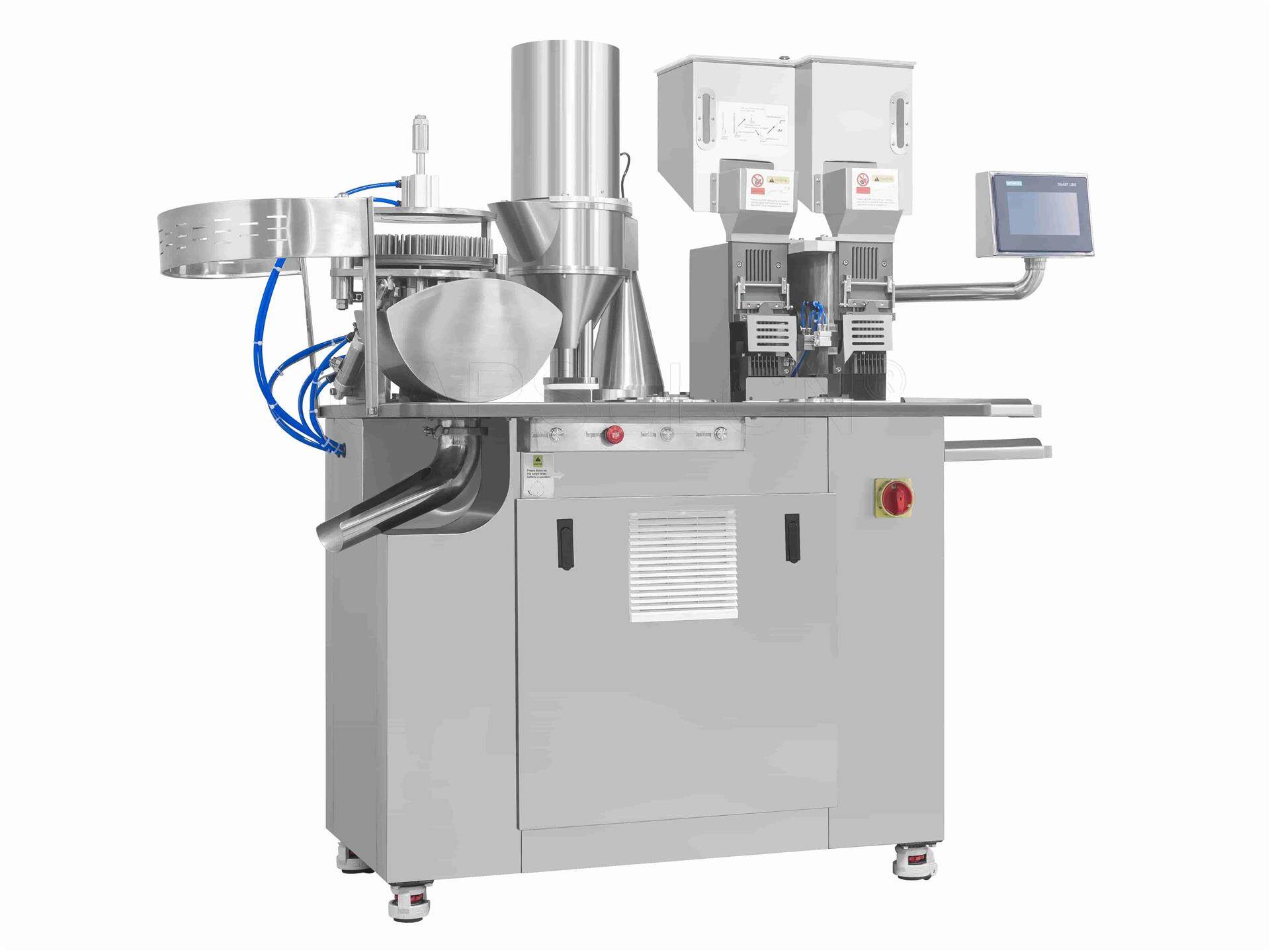
Fully Automatic Capsule Filling Machines: Great for high-volume production, these machines run with minimal human help.
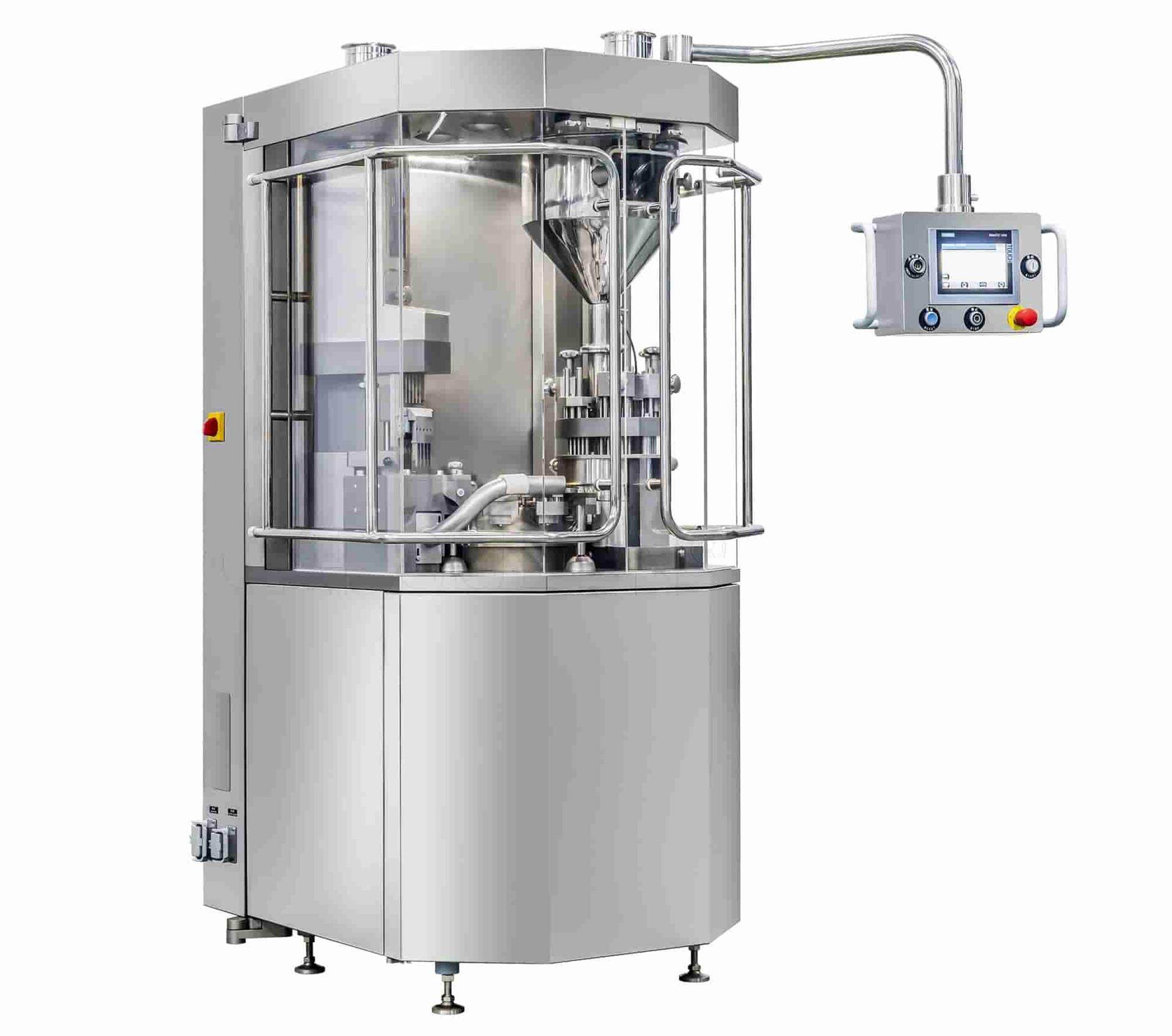
Shell Composition:
Hard Gelatin Capsule Filling Machines: These are commonly used in the pharmaceutical world to fill hard gelatin capsules.
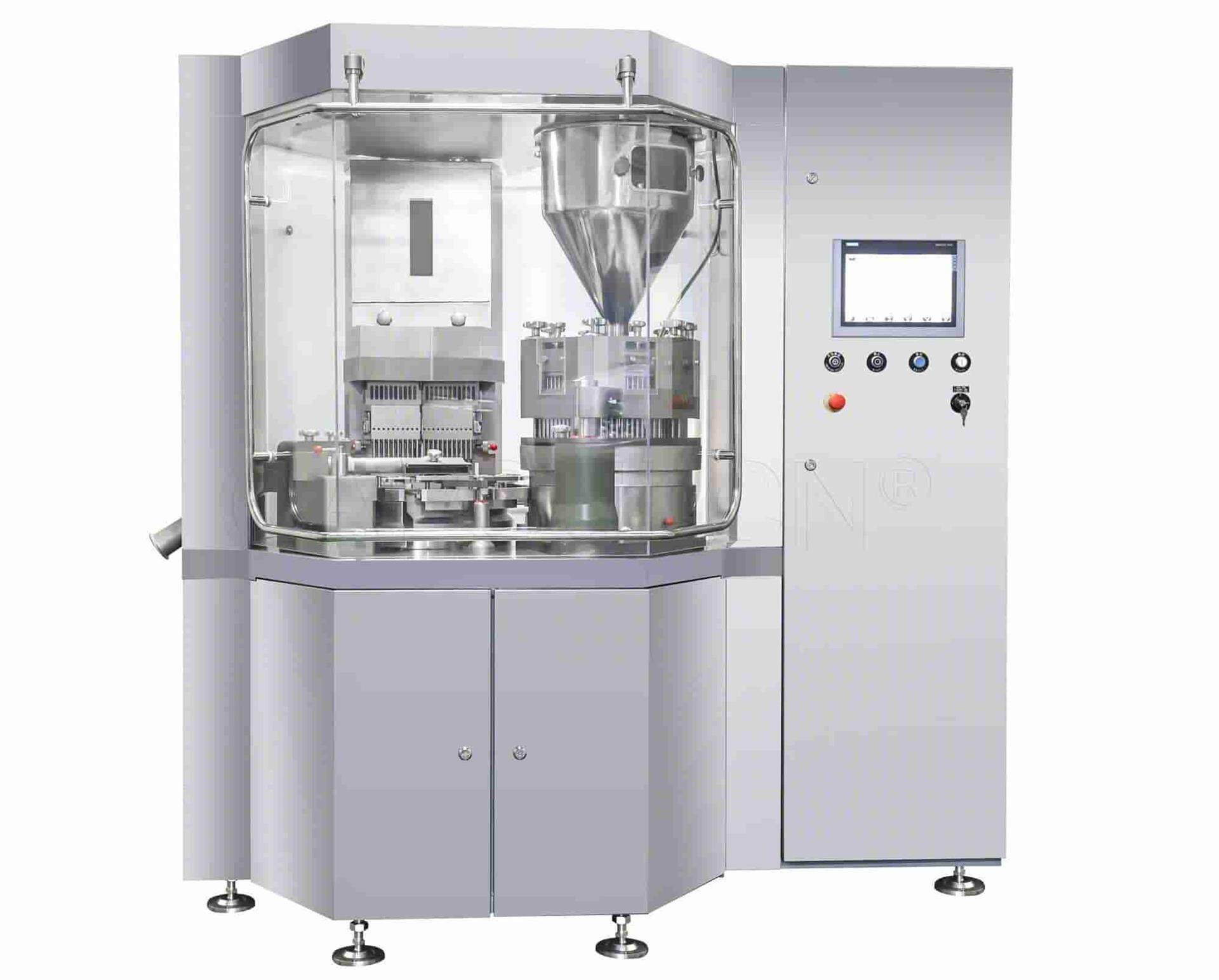
Softgel Encapsulation Machines: These specialized machines are made for soft gelatin capsules, typically used for liquid or oil-based supplements.
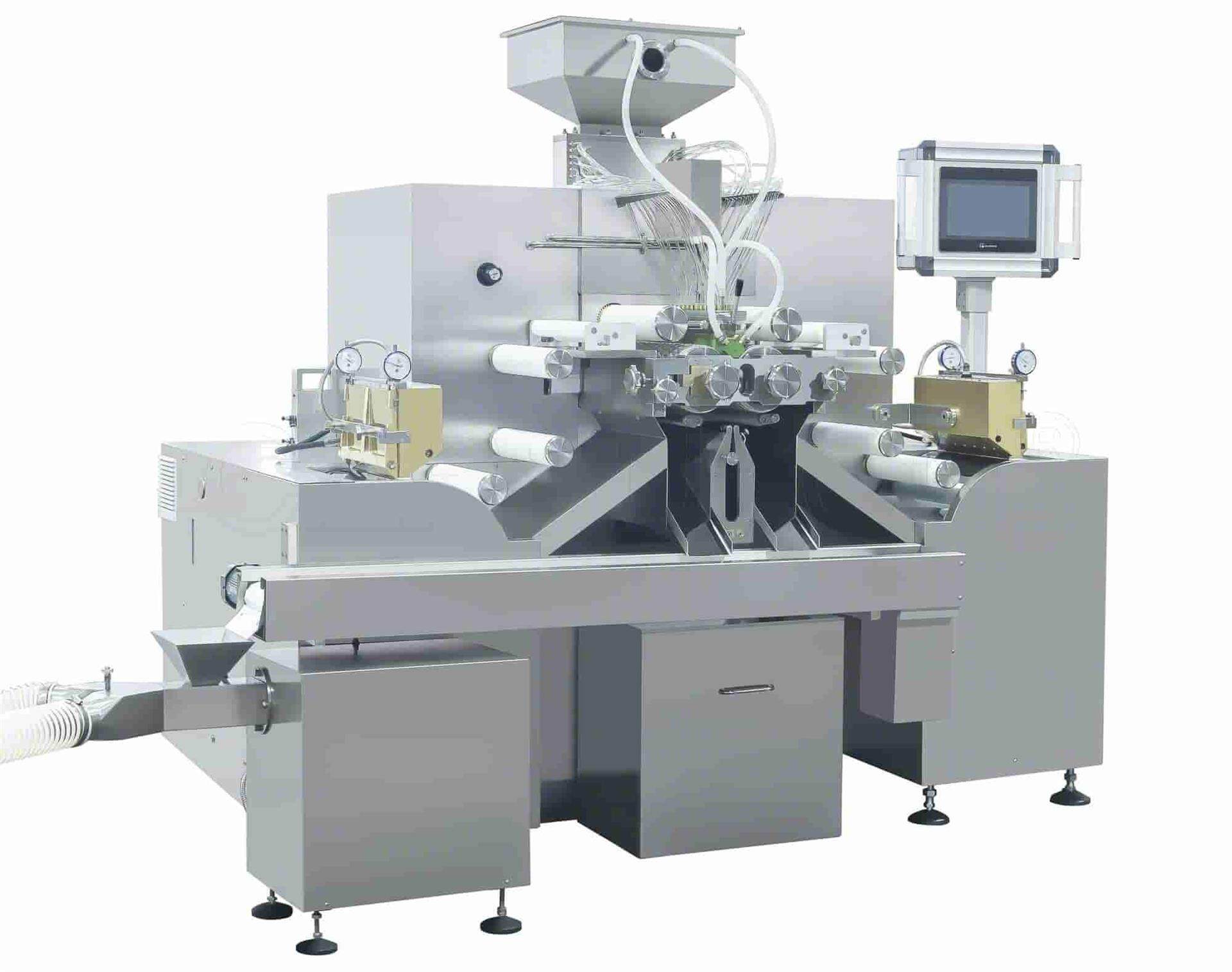
B. Tablet Presses
Tablet presses, or tablet compression machines, compress powdered ingredients into solid tablets. There are two main varieties:
Single Punch Tablet Presses: Ideal for smaller production scales and research, these machines are straightforward and effective.
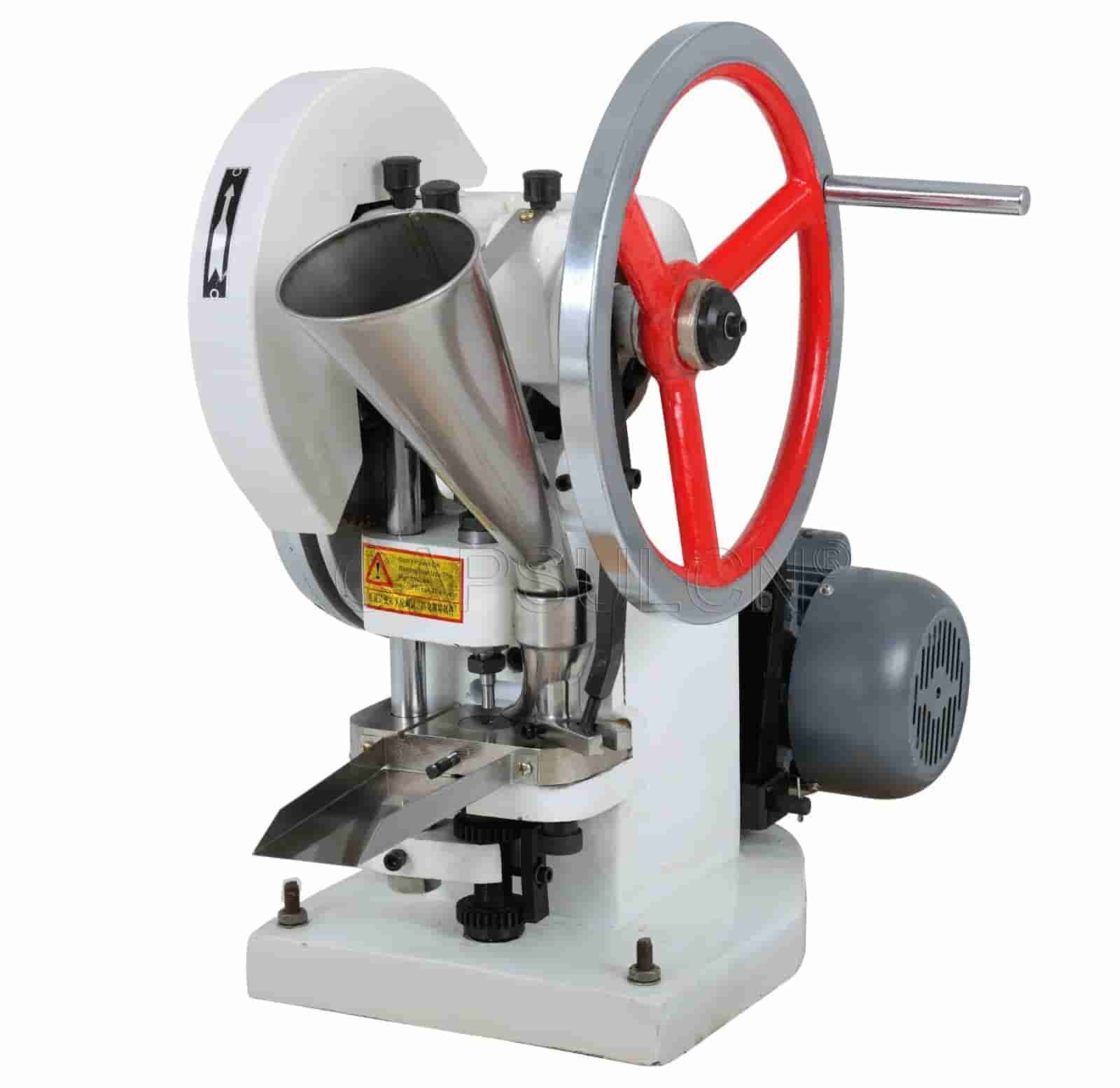
Rotary Tablet Presses: Built for the big leagues, these high-speed machines can churn out thousands of tablets per hour.
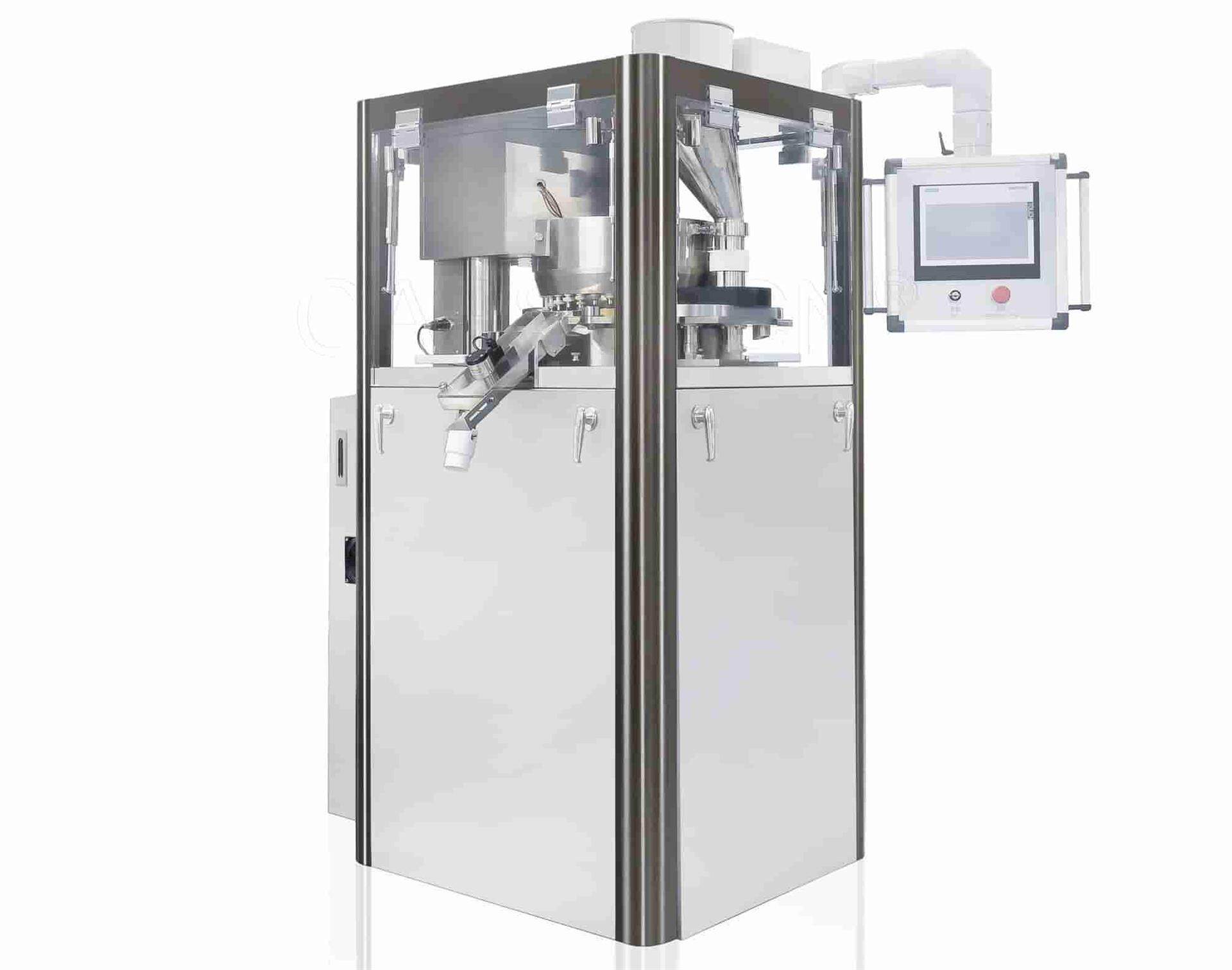
How Pill Making Machines Work
Getting to know how pill making machines operate can really show you their impressive complexity and efficiency.
What's the Working Principle of an Automatic Capsule Filling Machine?
While there are various types of capsule filling machines, let's zoom in on the automatic ones. Here's a simple breakdown of what happens inside:
STEP 1: Orientation and Separation. First up, the machine gets all the capsules lined up correctly and places them into the segments. The segments split to separate the capsule bodies from their caps.
STEP 2: Filling. Next, the lower segment holds the capsule bodies. It transfers them to the filling station to be dosed with the exact amount of medicine or supplement needed.
STEP 3: Closing. Once filled, the capsule bodies and caps are put back together.
STEP 4: Ejection. Finally, the filled capsules are ejected from the machine, all set for packaging.
What's the Working Principle of a Softgel Encapsulation Machine?
Softgel encapsulation machines are a special type of capsule filling machine. Here's how they work:
STEP 1: Forming the Shell. The machine pulls the gelatin into two thin ribbons. The thickness and size of these ribbons can be adjusted as needed.
STEP 2: Shaping the Softgels. These ribbons then go through rollers and into rotary dies that mold them into the capsule halves.
STEP 3: Injecting the Fill. At the injection wedge, the fill is accurately injected between these two shell halves.
STEP 4: Sealing Them Up. The filled halves are pressed together with heat and pressure, sealing them into complete softgels that are then ejected from the machine.
STEP 5: Drying. Fresh off the line, the softgels go into a tumble dryer with lint-free towels and forced air to start the drying process.
What's the Working Principle of a Tablet Press?
Focusing on rotary tablet presses, the process includes the following steps:
STEP 1: Filling. First, the powder is loaded into the hopper and distributed evenly into each die cavity through a feeder system.
STEP 2: Compression. This step involves two phases:
1. Precompression: The upper and lower punches lightly press together to form a loose slug and remove air from the powder.
2. Main Compression: Then, the punches apply higher pressure to compact the slug more firmly.
STEP 3: Ejection. The lower punch pushes the finished tablet out of the die cavity. Some machines can also reject any defective tablets at this point to ensure each batch is of high quality.
Benefits of Using Pill Making Machines
Pill-making machines revolutionize the production of medications and supplements, offering numerous benefits:

- Increased Efficiency: These machines significantly speed up the production process, allowing the rapid creation of capsules or tablets. This swift output is essential for meeting high demand quickly.
- Consistency: A major advantage of these machines is their ability to produce pills with uniform dosages. This consistency ensures the effectiveness of the medication and enhances patient safety, a level of uniformity challenging to achieve manually.
- Cost-Effectiveness: Automation reduces the need for manual handling, cutting down on costs. Additionally, these machines minimize waste during production, saving both materials and money.
- Scalability: Whether you need small batches for niche markets or large quantities for widespread distribution, pill-making machines can be adjusted to meet various production levels.
How to Choose the Right Pill Making Machine for Your Needs
If you are looking to get yourself a pill-making device, you certainly want to ensure that you choose the right one. This is what you need to do to ensure you get the perfect machine for your application:
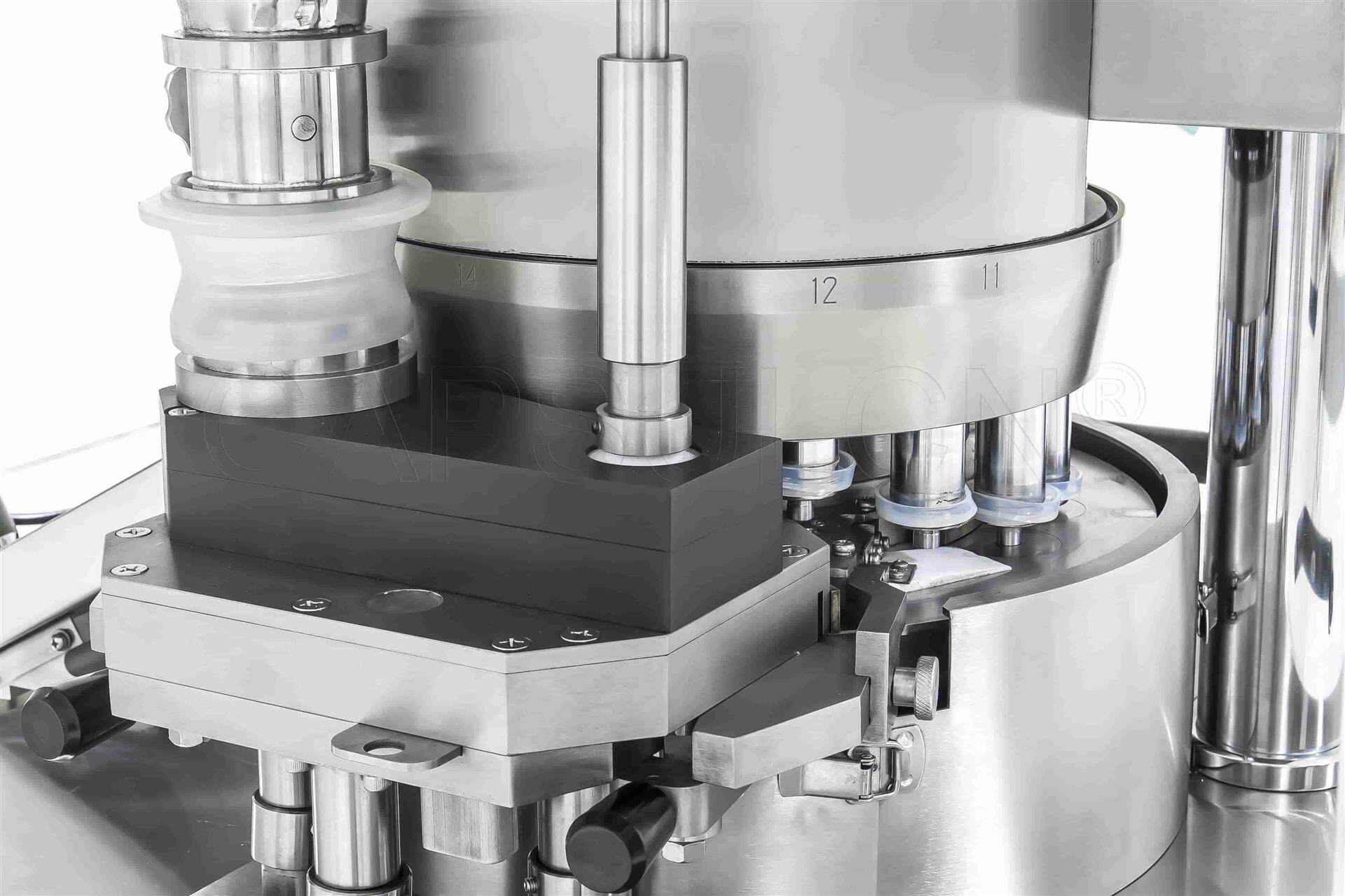
- Evaluate Your Production Needs: The first thing you need to do is assess the volume of production. Are you developing for a mass market or building a small niche batch? Whether this is a high-capacity rotary press or a lower-capacity single-punch press, the one you choose should suit your production requirements.
- Pills Type: Comprehend the type of pills that you plan to make. This will guide you towards a tablet press for solid tablets or a capsule filler for capsules. For instance, if you are concentrating on capsules, then select from machines for hard gelatin capsules or softgel capsules.
- Operator Features: Assess what features you need for your operations. Is a fully automatic machine really necessary, or is semi-automatic okay? However, you need to take the adjustability for tablet sizes and shapes as well to make sure the features of the machine are in line with your demand.
- Consistent and Reliable: Consistent pill production is required for patient safety and is expected by regulators. Find a reliable, accurate scale by doing some research on different models and also brand names.
- How Cost Effective Is It: Look beyond the cost of purchase. Consider the total cost of ownership (TCO) over time, including maintenance, parts replacement, and efficiency. Exact pricing is unknown, and in the grand scheme of things, a slightly pricier machine might be less expensive in the long run due to the cost to operate it.
- Availability of Good Technical Support and a Strong Warranty: Lastly, is the company you are buying from responsive in terms of customer service and tech support to keep the machine in good working order?
- Learn from Others: Finally, read the reviews and recommendations. Others in the industry may offer insights into how a machine performs in the real world.
Innovations in Pill-Making Technology
Let's take a look at the cool updates in pill-making technology! Things have really advanced, changing how we make medications and supplements:

- Advanced Automation: Today's pill making machines are super automated. They're run by complex software that takes care of every step in the production process. This means fewer mistakes and faster production, keeping things smooth and efficient from start to finish.
- Quality Control Integrations: Now, these machines come equipped with artificial intelligence (AI) and machine learning (ML). They check the quality of pills as they're made, ensuring each one meets high standards. This tech keeps every pill safe and effective, maintaining consistency across batches.
- Eco-friendly Technologies: There's also a big push towards being more eco-friendly in the industry. New technologies in pill-making are cutting down on waste and using biodegradable materials, which helps reduce the environmental impact of making medications and supplements.
FAQs about Pill Making Machines
Q1: What are the differences between a capsule filler and a tablet press?
Capsule fillers fill empty capsules with medication or supplements, while tablet presses turn powder into compacted tablet form. They each yield their own unique use depending on which pill you need to manufacture.
Q2: Can pill making machines handle different materials?
Yes, they're quite adaptable. Pill-making devices work with a different array of materials, from powders to granules, and some can even include fluids to make softgels.
Q3: How do I pick the right size pill making machine?
Focus on your volume of production. If you have large-scale production in mind, then choose a fully automatic machine. A manual or semi-automatic machine might suffice for small batches or R&D.
Q4: What maintenance do pill making machines require?
Put together a schedule for cleaning, lubricating, and visual inspection to keep the machine working in perfect condition. Obey the manufacturer's guidelines.
Q5: Are there regulations to consider regarding pill making machines?
Absolutely. These have to be up to industry standards, such as Good Manufacturing Practices (GMP), and regulations from bodies such as the FDA to ensure that the pills are safe to use and that they are of good quality.
Q6: Is it possible to find a machine that can be customized to meet my requirements?
Yes, many machinery manufacturers allow you to customize the capacity and features of the machine to meet your needs.
Q7: What are common problems and challenges in making tablets using table compaction machines?
Jamming, uneven fills, and wear can be typical problems. Still, it can often be avoided with proper setup, regular maintenance, and using the correct materials. Another significant aspect is the training for operators.
Q8: How do I integrate a new pill making machine into my existing production line?
Verify compatibility with your equipment, identify new installations and upgrades required, and collaborate with the manufacturer on the integration process if possible.
Leave your comment
Also Offers
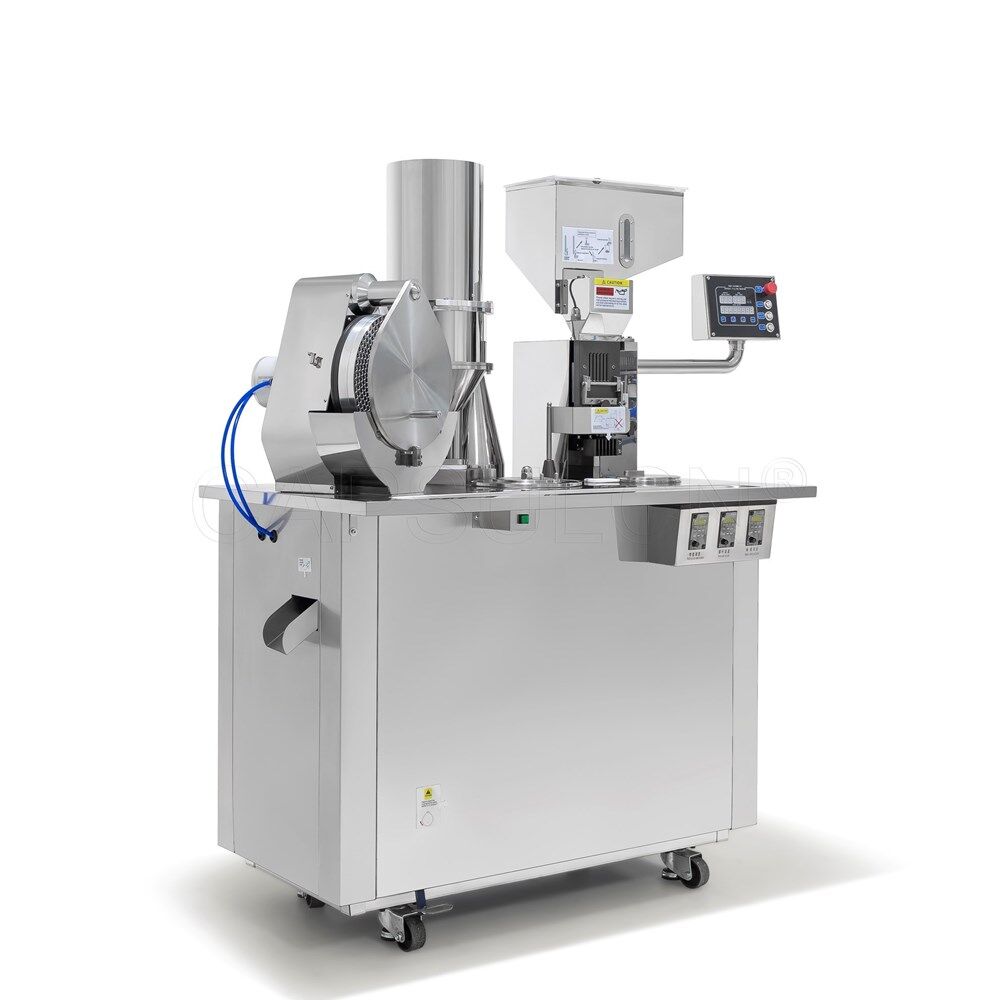
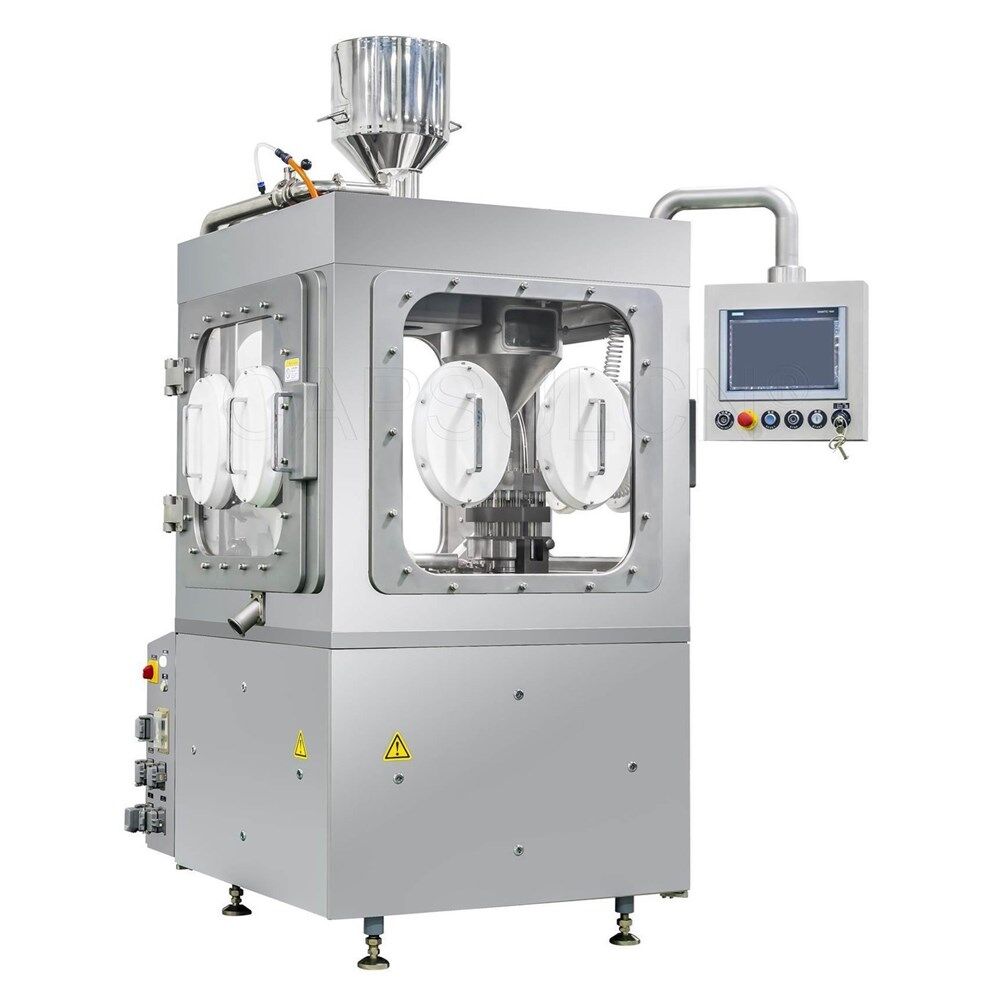
Containment Automatic Capsule Filling Machine SFK-703
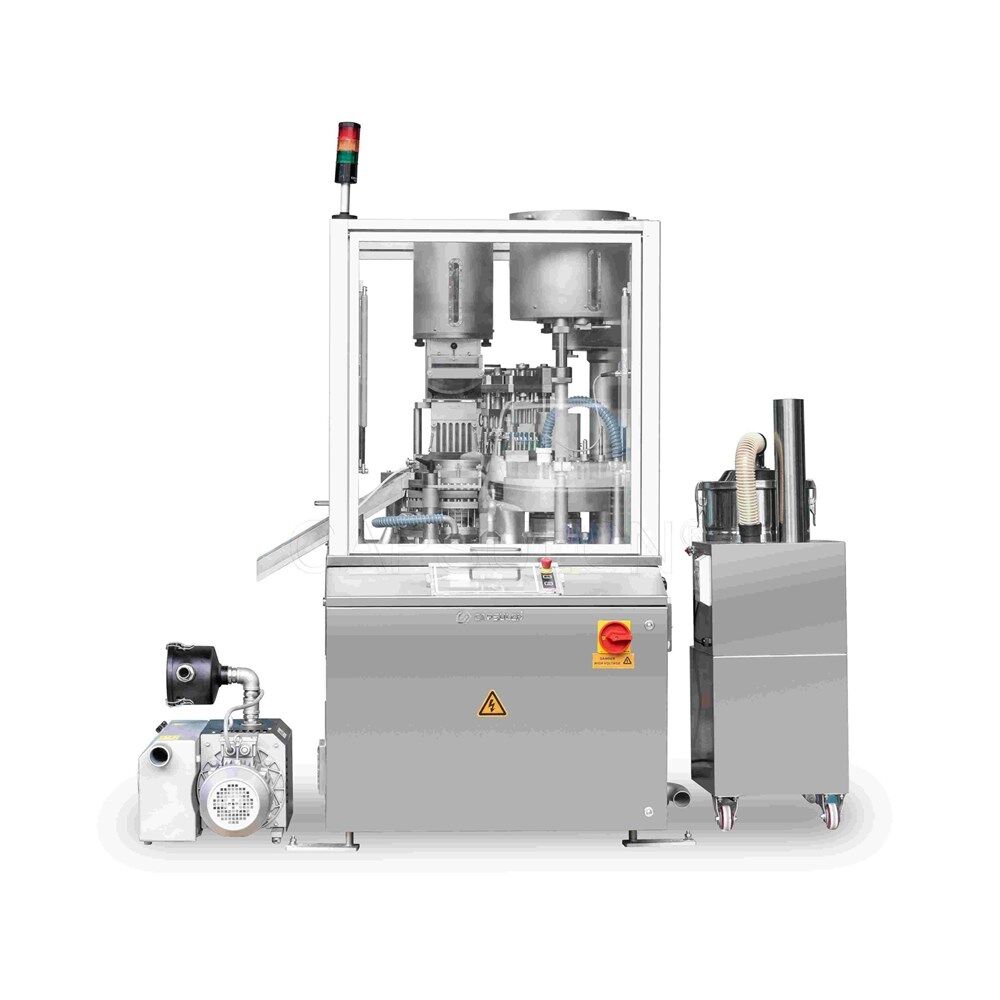
Fully Automatic Dosator Capsule Filling Machine CZ-40

Our Team
As an expert in the pharmaceutical and pharmaceutical packaging industry, iPharMachine has provided solutions for hundreds of pharmaceutical and health product manufacturers for 17 years. By visiting customers, we get good reviews from our customers.
- info@ipharmachine.com
- English Español Deutsche
